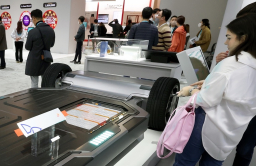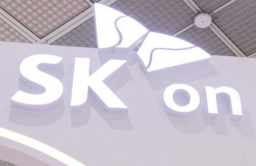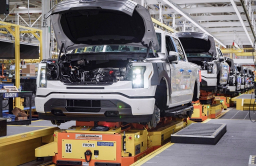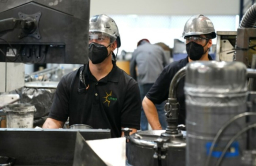-
KOSPI 2812.05 +41.21 +1.49%
-
KOSDAQ 756.23 +6.02 +0.80%
-
KOSPI200 376.54 +6.64 +1.80%
-
USD/KRW 1373 3.00 -0.22%
SK On to attract $1.1 bn from BlackRock, MBK consortium
Batteries
SK On to attract $1.1 bn from BlackRock, MBK consortium
If it fails in the IPO, parent SK Innovation must buy back the shares from investors, or they will sell the controlling stake to a 3rd party
By
Apr 20, 2023 (Gmt+09:00)
2
Min read
News+
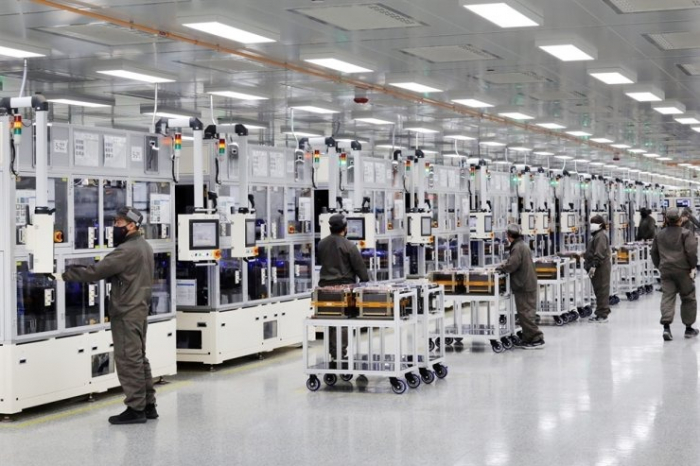
SK On Co., the world’s fifth-largest battery maker, is slated to attract 1.5 trillion won ($1.1 billion) from a consortium of US private equity giant BlackRock, Singapore-based Hillhouse Capital, Qatar Investment Authority, North Asia-focused MBK Partners and other financial investors, sources familiar with the matter said on Thursday.
The consortium has completed due diligence on the South Korean battery producer, valued at 22 trillion won, to acquire a 5% stake. It will make a final decision on the investment as early as May, according to sources.
Once the fundraising is complete, SK On will have drawn a combined 4.8 trillion won investment since 2021, when it was split off from SK Innovation Co., the energy and chemical unit of SK Group.
The battery maker won a 1.3 trillion won commitment from a consortium led by Korea Investment Private Equity via a rights offering last November.
Aimed for another 5% stake in the firm, the Korea Investment-led consortium executed investments of 824.3 billion won and 375.7 billion won last year and March of this year, respectively, and will inject the remaining commitment later this year.
Parent company SK Innovation also invested 2 trillion won in SK On via a rights issue last December.
Under the agreement with the BlackRock consortium, SK Innovation has to complete listing SK On in the local market by end-2026 or the fourth anniversary of the closing date of the equity deal, whichever comes later.
If SK On fails in its public offering, the parent should buy the subsidiary's shares back at a compounded annualized rate of 7.5%. If that doesn’t work, investors will secure rights to sell SK On’s controlling stake to a third party.
SK On is slated to raise the compounded annualized rate by 100 basis points to 8.5% for global investors such as BlackRock and MBK Partners, sources said. If the plan is confirmed, SK On will have to set the same rate for the Korea Investment-led consortium as the contract states that the battery maker can’t offer higher rates of return to other investors.
The battery maker will use the funds to expand its global production facilities. The company dropped a plan to build a 4 trillion won plant in Turkey in January of this year as interest rate hikes worsened funding conditions and the Russia-Ukraine war hit the European electric vehicle market.
Investors are watching closely to see whether the battery maker will make a turnaround this year. The firm saw its operating loss increase to 99.1 billion won last year from 68.3 billion won in 2021, and its loans snowballed to 11 trillion won last year from 4.5 trillion won the previous year.
Write to Jun-Ho Cha at chacha@hankyung.com
Jihyun Kim edited this article.
More To Read
-
Mar 30, 2023 (Gmt+09:00)
-
Mar 23, 2023 (Gmt+09:00)
-
Feb 21, 2023 (Gmt+09:00)
-
Jan 19, 2023 (Gmt+09:00)
-
Jan 09, 2023 (Gmt+09:00)


